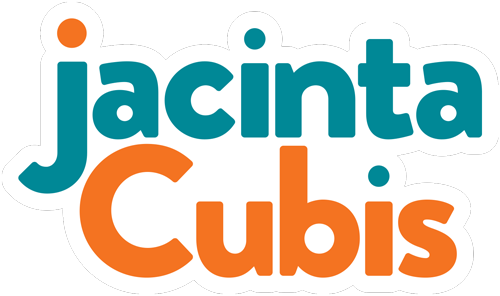With a little help from my friends
“Collaboration only happens with opportunity and personality.”
So said a CEO to me a few months ago during an interview about a project in which his organisation was collaborating.
“People have to get on well to collaborate,” he added.
I disagree. If that was true, collaboration would be rare.
And I might not be playing Beatles classics with my friends in our weekly jam ('Two Axe Uke – available for gigs 😊).
Opportunity might have brought Lennon and McCartney together, but their personalities were by all accounts contrasting, if not at odds.
George Martin, the Beatles producer, described their relationship as like,
Imagine the musical legacy we’d have missed out on if they’d got on famously.
Perhaps the CEO was alluding to this sort of tension.
Conflict appears on both lists when I ask groups to brainstorm what they experience when collaboration is working well, and when it isn’t.
Some embrace it and relish the creative spark that accompanies it. Others fear it and want to smooth things over at the first sign of difference.
The CEO is right in some respects. Collaboration rarely just ‘happens’. We call it a ‘soft’ skill but people can find it really hard.
But I think anyone can learn how to collaborate – with a little help not from our friends, but from purpose, structure and leadership. These provide stability and safety. Crucial if a group is to mine the creative potential of conflict.
None of the Fab Four’s albums made it into my parents’ vinyl collection – too busy with three kids under 5. Thanks to a little help from my jamming mates, I’m reaping the benefits of a legendary musical collaboration.
Collaboration. We can feel it when it’s working, sort of working, getting better and when we’re flying.
